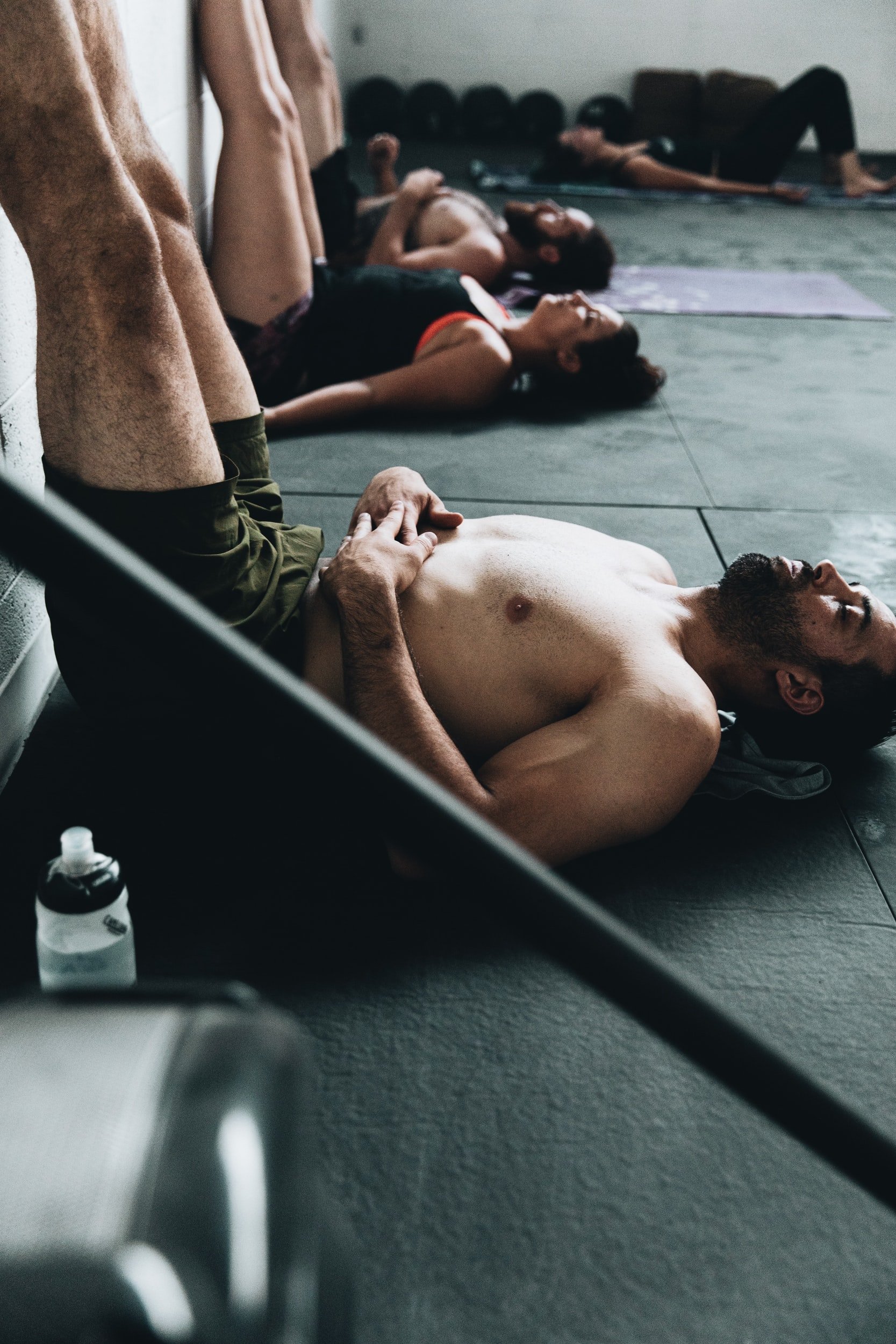Exercise and Panic Attacks
Exercise is the remedy for almost everything including relieving mental health concerns but, what if exercise is triggering mental health concerns? Let's first look at our brain and one of its most important collections of cells.
The Brain Has an Important Job.
The amygdala is a collection of cells located on each side of the brain's hemispheres that is the command center of how we process strong emotions like fear and pleasure. When needed it activates the fight or flight response. It sends out hormones to speed up heart rate, release adrenaline, and redistribute blood.
In situations that seem to be threatening the amygdala and the adrenal system are designed to override cognition and respond faster than the logical frontal cortex. This means that the instant we have an anxious thought or feeling, a flood of chemicals is pumped through the body in an attempt to protect us from whatever might be threatening us. Even when we are just in our gym doing some cardio.
Exercise Mimics Panic Attacks.
When exercising we feel physiological stress very similar to anxiety. Essentially exercise mimics panic attacks. Shallow breathing, a racing pulse, chest pressure, sweating, dizziness are all-natural reactions of exertion; and they’re also symptoms of panic attacks. Those who may have a panic disorder or an anxiety disorder can be highly sensitive to those physiological changes making working out a not so great experience.
What If I Don't Have an Anxiety Disorder?
Exercising for the first time in a while or pushing yourself to the limit might accidentally trick your brain into thinking you're in trouble and induce panic. If you are new to working out or it has been a minute your brain and body are just not used to these drastic changes and elevated nervous system arousal. Being out of shape does not mean we are likely to have a panic attack but if our responses to the moment of being unable to breathe or see straight are extremely anxious it could happen.
People who also have exercise-induced asthma may also be more likely to experience panic attacks. I myself had exercise-induced asthma when playing basketball and football. At times I would reach overexertion start wheezing and then feel worried about how I couldn't catch my breath. Though, I never reached full panic I can see how easily it happens.
I have also had athletes who had minor performance anxiety with no reports of ever having panic attacks have one in the middle of the game. With high and long-term exertion levels that sports produces paired with the seriousness of that event and the anxious thoughts that come with it can absolutely kick in panic.

